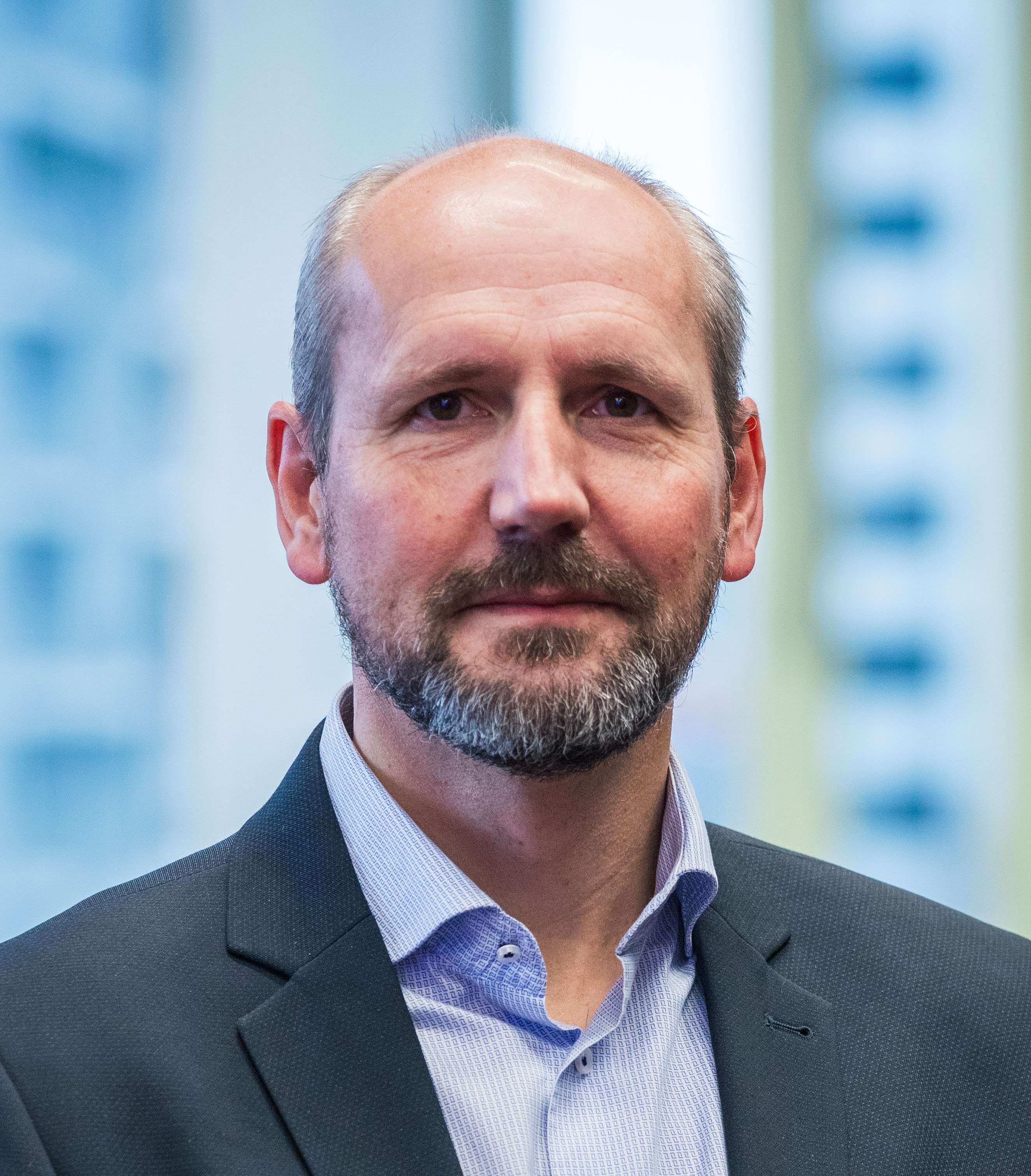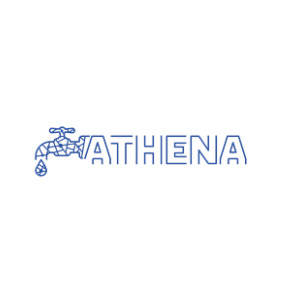 \
&
Contact us
\
&
Contact us
 \
&
Contact us
\
&
Contact us
Published on | 1 year ago
Last updated on | 3 months ago

mark.antonissen@vlaio.be
The work program lists various categories of actions, which are further divided into topics. The calls are published on the basis of that work program. The calls each contain at least one topic against which a proposal can be submitted. In addition, open calls have been published in which no domain or technical specifications are specified.
The calls can be found on the European Commission Funding & Tenders portal.
The deadline for submitting proposals is published each year upon release of the calls. For 2024 f.i. this is November 05, 2024.
Through this document (DOCX, 76.53 KB) you (as a consortium leader or member) need to request support from the Belgian Defense for participation in a consortium that submits a proposal for an EDF call.
Member States participate in drawing up the annual and multi-annual EDF work programs and make proposals for adding topics.
Please also be aware of the export control obligations of the Flemish authorities.
Under the EDF, the EU is providing financial support, mainly through grants, to collaborative R&D projects in the field of defence. The EDF can support 100 % of the total eligible costs of a research action, while the EDF support to a development action may vary between 20% and 100% of its total eligible costs depending on the activities covered (e.g. design, prototyping, testing, qualification, certification) and on a bonus system (involvement of SMEs and mid-caps and link with a PESCO project).
With an aim to achieve the EDF goals and promote cooperation in the defence domain, special incentives have been introduced in the EDF Regulation.
Some of these incentives favour the involvement of (cross-border) SMEs and mid-caps in the projects: their qualitative and quantitative participation is assessed as part of the award criteria and an increased funding rate (bonus) is offered if the costs allocated to SMEs or mid-caps are above a given threshold. In addition, every year, two “open” calls are specifically targeting SMEs, which will also be offered business coaching.
An increased funding rate is also offered to projects developed in the context of the Permanent Structured Cooperation (PESCO).
Only collaborative projects, involving at least three eligible entities from at least three Member States or associated countries, may be eligible to EDF funding. Calls dedicated to disruptive technologies can accommodate smaller consortia (at least two eligible entities from at least two Member States or associated countries). Norway is the only associated country having opting in for the EDF.
In order to be eligible to EDF funding, recipients and subcontractors involved in the action must be established in the EU, have their executive management structure in the EU and must not be subject to control by a non-associated third country or by a non-associated third-country entity. Regarding this last point, a derogation exists if guaranties approved by the Member State or associated country where the entity is established and substantiating that security-based conditions are met, are provided to the Commission.
The participation to an EDF project of entities established in non-associated third countries is possible but subject to conditions defined to ensure the security and defence interests of the EU and its Member States. They also guarantee the freedom of action of Member States in the use and export of resulting defence equipment. Such entities cannot receive EDF funding.
The Programme is implemented directly by the Commission. In duly justified cases and in line with the EDF Regulation, the management of a grant can be delegated to an entrusted entity.
The EDF annual work programmes are defined in close cooperation with Member States representatives within the EDF Programme Committee, including the involvement of the European Defence Agency (EDA) and the European External Action Service (EEAS). Identified priorities are aiming at contributing to the security and defence interests of the Union, in line with defence capability priorities agreed by Member States within the framework of the Common Security and Defence Policy (CSDP) and particularly in the context of the Capability Development Plan (CDP), and taking into account, where appropriate, regional priorities and priorities from and international organisations (NATO).
The categories of actions structuring the annual work programmes have been designed to cover all military domains and key enabling technologies. Funded projects should enable the European Commission to respond to the needs of Member States while targeting critical capabilities that are essential for the future.
For further questions about your participation or to find consortium members, you can contact your NCP @ NCP Flanders or the National Focal Point: nfp-edf@economie.fgov.be (+32 2 277 92 37).
You can also subscribe to the info mail (Dutch or French only) about the defense domain via the "Defense info mail" page of the FPS Economy.
The National Focal Points are individuals nominated by EU Member States and countries associated to the European Defence Fund (Norway) that are supported by national structures established under the responsibility and control of the Member States and Norway.
NFPs will support the implementation of the European Defence Fund: working closely with DG DEFIS they will reach out to stakeholders, notably applicants and potential applicants, provide information and advice to potential applicants and beneficiaries of the EDF programme and assist in building partnerships, throughout the EDF life cycle.
Information on the EDF, conditions of participation and evaluation criteria for Belgium can be found on the website of the FPS Economy. Entities wishing to participate in the EDF are still strongly encouraged to contact the FPS Economy (nfp-edf@economie.fgov.be or +32 2 277 92 37) and/or Defence (ACOSSTRAT-EDF@mil.be).
In general, the following core services are offered by NFPs in accordance with the NFP Guiding Principles and in line with the Special Group NFP-EDF Rules of Procedure:
NFPs may also offer additional services such as providing assistance with partner search activities and signposting to other business support networks, relevant Member States administration and other EU/national/regional funding services and programmes.
As the NFPs will operate primarily at the national level and taking into account that the make-up of defence industries vary throughout the EU and in Associated Countries, the type and level of services offered may differ from country to country. The Commission aims to facilitate the sharing of best practices between NFPs through, amongst other things, arranging regular meetings, facilitating presentations by individual NFPs, encouraging and facilitating interactions with the National Contact Point Network (NCP) established under Horizon Europe and by facilitating twinning events.
In Belgium, use the unctional Mailbox: nfp-edf@economie.fgov.be
The 2024 EDF Work Programme addresses 32 call topics in total, structured along 6 thematic calls for proposals, 2 non-thematic calls for proposals and 2 actions in support of the Alliance for Defence Medical Countermeasures.
It will support projects in critical defence domains, such as countering hypersonic missiles, developing a broad range of unmanned vehicles in the air and on the ground, as well as secure space communication. It also prepares the ground for next generation defence systems, such as helicopters and mid-size cargo aircraft.
Furthermore, the work programme provides a wide range of support measures to promote defence innovation and inclusiveness through the EU Defence Innovation Scheme (EUDIS) with a total funding of €225 million. This includes Technological Challenges on space and on sensors, a spin-in call under the ‘Materials and components’ category of action and a call with sub-call (cascade funding) for start-ups and SMEs under ‘Simulation and training’, as well as open, non-thematic calls for SMEs.
EUDIS will continue to fund the organisation of annual defence hackathons, as well as business coaching for SME beneficiaries and the Defence Equity Facility under InvestEU. The novelty for 2024 is the foreseen funding for a EUDIS Business Accelerator and Matchmaking with investors (call for tender expected to be published in spring 2024).
(Click to go to the "Annual Work Programme" section)
The EDF Info Days 2024 gathered more than 3000 participants from all around the EU, Norway and beyond both on-site and online.
It was a unique opportunity to learn all what is needed to apply to EDF 2024 calls or proposals and to discover and network with potential partners in future EDF projects.
The slides of Day 1 (plenary info session) are now available here.
We offer news and event updates, covering all domains and topics of Horizon Europe, Digital Europe & EDF (and occasionally, for ongoing projects, Horizon 2020).
Stay informed about what matters to you.
By signing up, you can opt in for e-mail notifications and get access to
a personalised dashboard that groups all news updates and event announcements in your domain(s).
Only for stakeholders located in Flanders

The ATHENA project addresses emerging risks for the water sector in operational technology created by digitalisation. The project responds to Digital Europe call DIGITAL-ECCC-2022-CYBER-03-UPTAKE-CYBERSOLUTIONS – Uptake op Innovative Cybersecurity Solutions. The project started in September 2023 and will run until November 2026. De Vlaamse Waterweg - The Flemish Waterway participates in the project to enhance the resilience of the organisation by co-developing targeted training modules for operational technology environments.